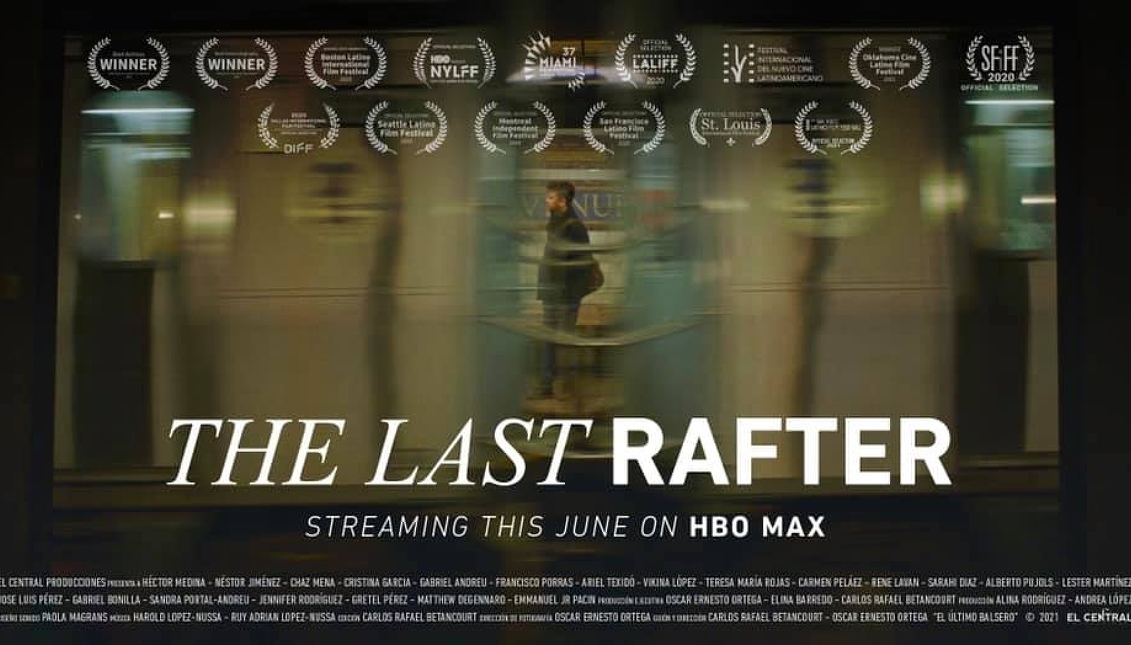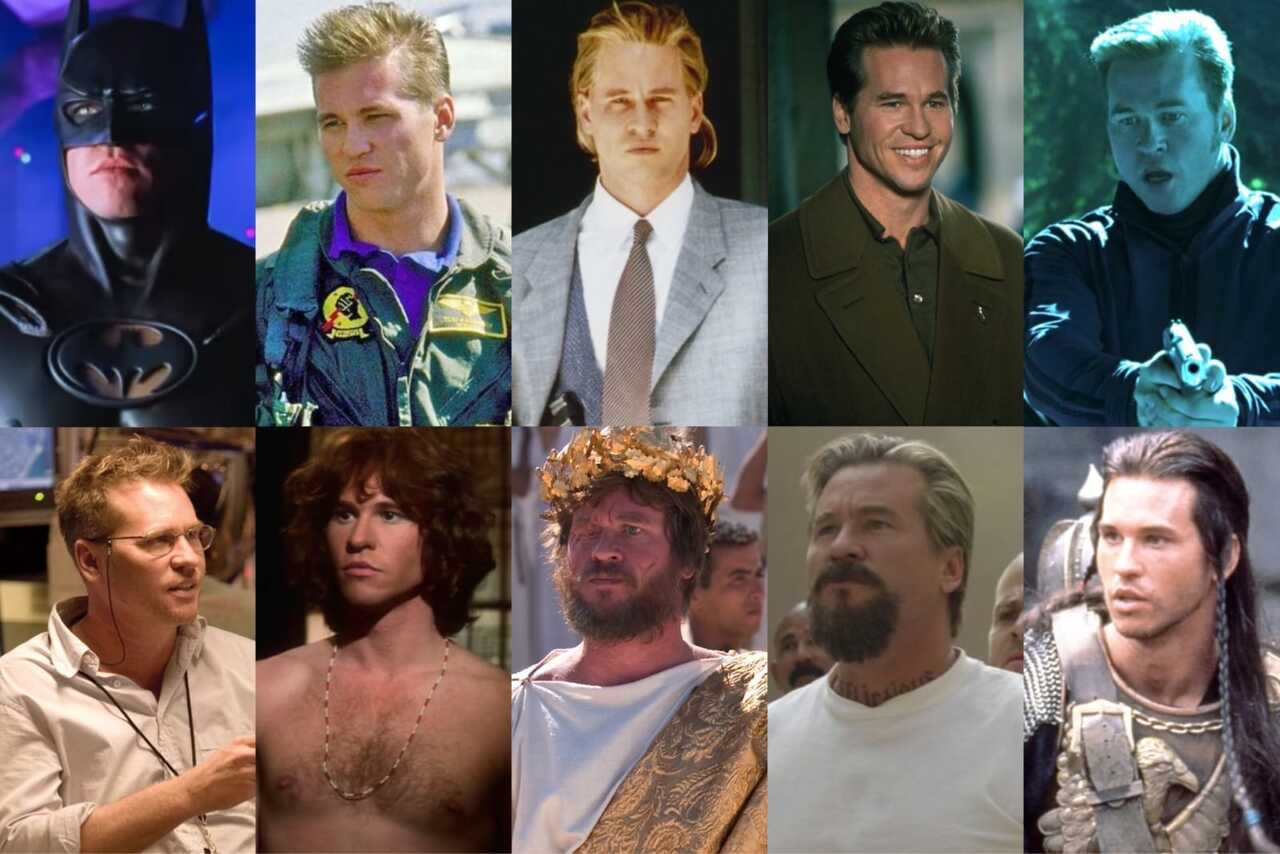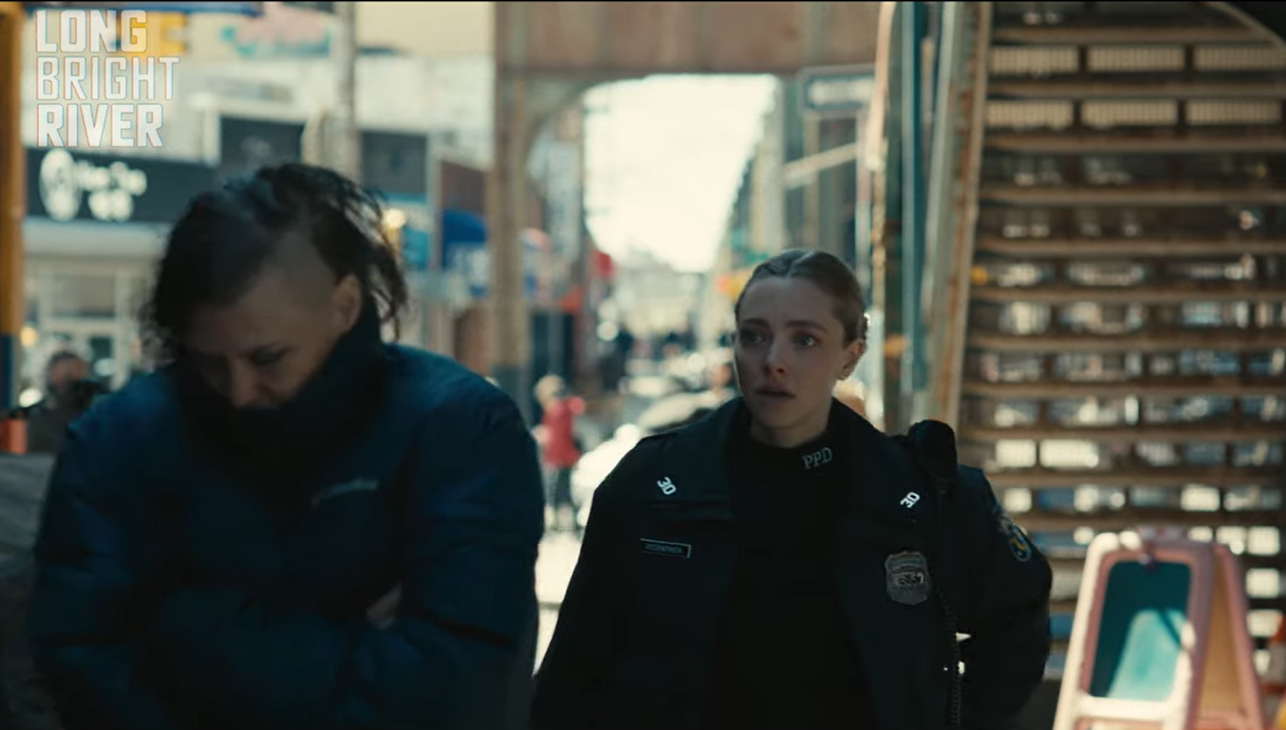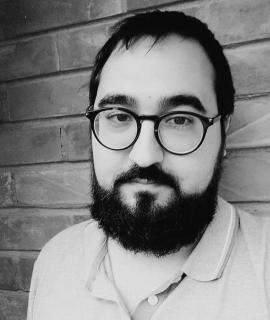
'The Last Rafter' comes to HBO
The two shores are material for the great metaphor of Ernesto, a young Cuban university student who must face his new life as an undocumented migrant.
With a little good fortune, certain plans can be bailed out. That goes for comedies as well, and for an independent film that got caught during its release, just as theaters were closing. It has finally found its place on HBO Max and HBO Latino.
Cuban filmmakers Carlos Rafael Betancourt and Oscar Ernesto Ortega signed a two-year contract with the streaming platform, and The Last Rafter finally premiered on Friday, June 4, on their channels. Both filmmakers founded an independent production company in Cuba in 2008.
In an interview with EFE, both attributed their luck to "a mixture of the misfortune of the pandemic with a spirit of solidarity that is very rare in the industry."
"We gradually got the attention of HBO, without a distribution company. Also because of the timing of the pandemic, because they were looking at what films had been released, they had time for that," said Ortega.
"That what we did has a value as a Latino film that speaks of an immigration experience transcends much more than we thought," added Betancourt.
RELATED CONTENT
The Last Rafter was presented at festivals, such as the Los Angeles International Latino Film Festival and the Havana Latin American Film Festival, where it was described as a "pioneer" for the exposure it gave both countries.
The Last Rafter tells the story of Ernesto, a Cuban college student, who, after the death of his mother, decides to flee the country on a raft to find the rest of his family just when President Barack Obama repealed the "wet foot, dry foot" policy that protected Cuban migrants to the U.S. since 1994.

His life goes from college philosophy student to illegal immigrant as he searches for his father in Miami whom he thought was dead. The protagonists are Héctor Medina and Néstor Jiménez Jr along with Chaz Mena, Jennifer Rodríguez, Francisco Porras and Cristina García.
"The difference here is that our character, Ernesto, doesn't arrive dazzled. He is full of contradictions. He is a philosopher, a character full of questions and with very few answers."
It has also attracted attention because it does not revolve exclusively around migration, and addresses other issues such as toxic masculinity, absent families, and the Cuban collective memory.











LEAVE A COMMENT: